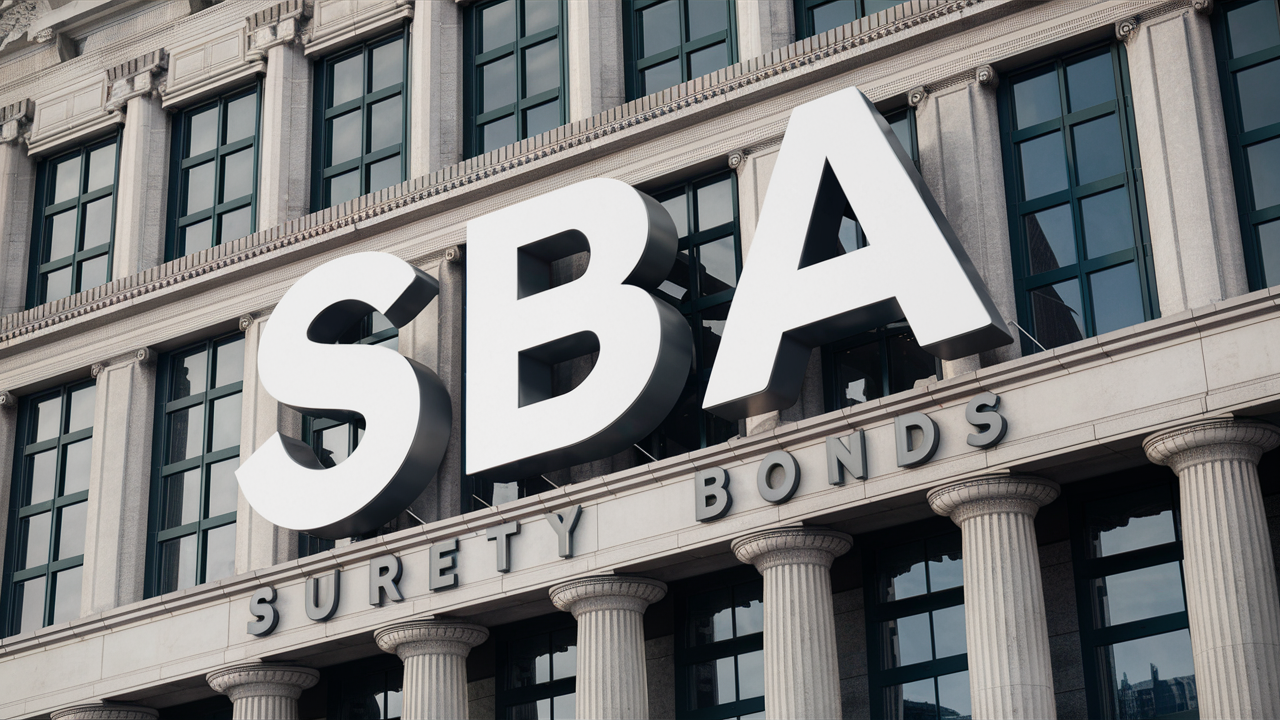Blog

Surety-Backed Letters of Credit: A New Solution for Contractors
When construction companies and homebuilders embark on a project, they are confronted with a myriad of risks that can profoundly impact timelines, budgets, and overall

The Ultimate Guide to the SBA Surety Bond Guarantee Program
Have you applied for a surety bond but been declined by a surety carrier? Consider teaming up with a surety bond agent participating in the

Improve Your Surety Bond Program | Accounting & Reporting
Proper accounting and financial reporting are essential for contractors who are moving beyond their first year or two of being in business. If you currently have a construction surety bond program that isn’t meeting your needs, you can improve it through better accounting and reporting practices. We can help you achieve this and secure the best surety terms and conditions for your business.

Understanding the Costs of Construction Surety Bonds: A Contractor’s Guide
Dive deep into the costs of construction surety bonds. We’ll look at what affects their prices, the various types, and how to keep costs low. This guide is great for all contractors, new or experienced. Knowing these costs is key for planning and managing projects.

Surety Bonds for General Contractors Explained
As a general contractor, have you ever wondered how surety bonds can benefit your business and protect you from financial risks? Are you familiar with the different types of surety bonds required for your contractor license? Understanding surety bonds is crucial for general contractors in the construction industry, as they play a vital role in building trust with clients and ensuring project completion.

Understanding the Obligee in a Surety Bond
Did you know that the role of the obligee in a surety bond is crucial for ensuring the successful completion of projects? Without the obligee’s involvement, the entire bonding process would be at risk. In this article, we will explore the significance of the obligee in a surety bond and their essential responsibilities.

Understanding Performance Bonds: A Quick Guide
In construction projects, lots of factors can influence success. Performance bonds are one of these factors. But what are they, and how do they work?

5 Essential Tips for Quick Surety Bond Approval in Construction
The underwriting evaluation is a crucial step in the surety bond approval process. During this stage, the surety bond company reviews the application and assesses the applicant’s qualifications and risk profile.

Finding and Securing Construction Surety Bonds: The Ultimate Guide
Securing a construction surety bond is essential for large-scale projects, serving as a pledge for quality completion and fairness. Necessary for gaining trust and meeting certain legal requirements, it’s vital for project success. Our guide simplifies understanding and selecting the right bond, beneficial for both large teams and small businesses.

How to File a Surety Payment Bond Claim
Subcontractors, suppliers, and labor on construction projects face a unique but constant threat. What happens when the prime contractor on their projects does not pay for their work or materials? If the prime contractor was bonded, there is recourse. However, filing a claim can be complex. In this guide, we will help you understand and follow the steps to complete the process successfully.

Assessing The Agent: How To Know If It Is Time To Switch Surety Agents
How do you know if your bonding agent is the best fit for you and your company? Is a change necessary?
This article focuses on surety bond agents, but can be applied to all of your trusted business advisors, including your CPA, banker, attorney, wealth advisor, etc.

Becoming Bond-able
Many contractors are wary or unsure of how to create a bonding program or obtain their first surety bonds. The process can actually be quite simple, and best of all, there is no cost to get started. The first step involves understanding your personal credit score. All owners with more than a 10% stake, and their spouses, will have their credit checked (a soft pull) by the surety underwriter. If the scores are over 700 FICO, and there are no bankruptcies or tax liens, you can generally qualify for bonds up to $500,000.